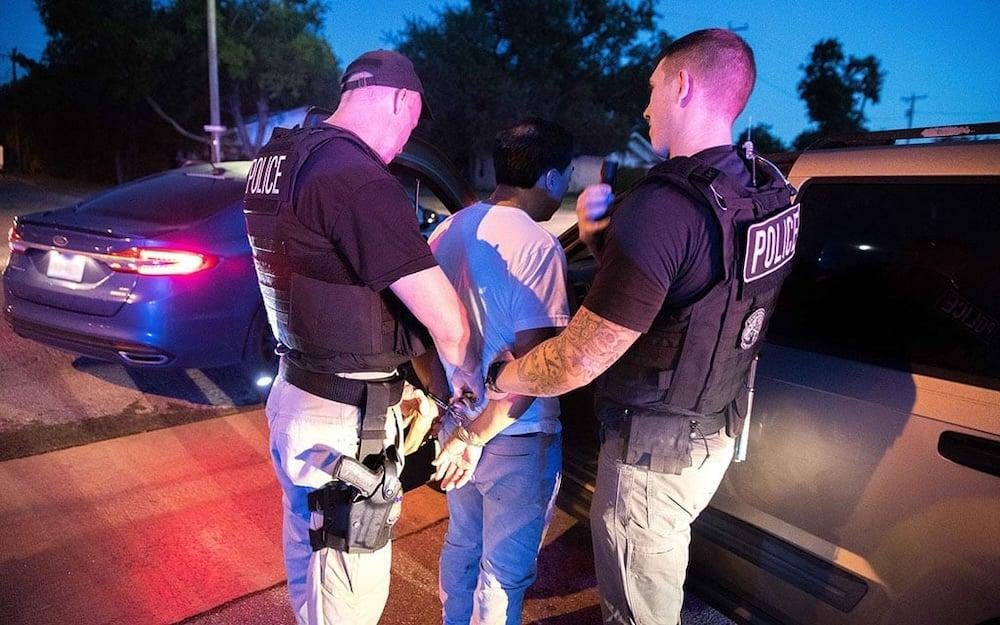border
Napier Slams Arizona’s ‘Secure Border Act’ as a Misguided Proposal Unworthy of Backing

Local and state law enforcement agencies are facing critical challenges when it comes to addressing border security. The federal government is primarily responsible for securing the southern border, a duty it has largely failed to fulfill. This inadequacy does not transfer the burden to local law enforcement, which is ill-equipped and lacks the resources to manage such a broad responsibility. It is vital to separate serious discussion from political maneuvers that serve little practical purpose in addressing this ongoing crisis.
The proposed law, ARS 13-4295.01, sets specific criteria for law enforcement to take action on immigration violations. Probable cause must be established, which can come from a law enforcement officer’s observation, technological evidence, or other constitutionally valid indicators. However, questions arise regarding local agencies’ capabilities to establish a presence in vast border areas. Considering the current resource limitations, skepticism about the feasibility of such measures is warranted.
The practical application of the law has its complexities. Can an officer accurately assess an individual’s immigration status upon encountering a potential violation? It is likely they would rely on Border Patrol, which often struggles with its capacity to respond. The ambiguity in the law’s language, particularly regarding “other constitutionally sufficient indicia of probable cause,” adds another layer of concern.
If local law enforcement were to enforce this law, significant strains would ensue within an already overburdened criminal justice system. The resources required for arrest, incarceration, and adjudication of new violations are far from adequate. The absence of additional funding to support these efforts raises critical concerns about the practicality of implementing such legislation.
Any enforcement of the Secure Borders Act (Proposition 314) without a fundamental reevaluation of current law enforcement practices and resource allocation is inherently flawed. As a former border sheriff, I recognize the important aspects of this issue without endorsing ineffective strategies that lack clear direction.
Three compelling reasons underscore the need for a serious approach to border security. First, public safety is jeopardized by the influx of undocumented individuals and illicit drugs. The drugs that contribute to addiction and fatalities frequently enter through the southern border, intertwining the safety of our communities with this complex issue.
Second, human rights must be prioritized. The circumstances of migrants, often exploited by criminal organizations, necessitate a compassionate and effective policy response. Environmental conditions alone claim hundreds of lives annually, suggesting that an open border does not equate to humane treatment.
Lastly, national security concerns are paramount. The unpredictability of who is crossing the border and their intentions poses a real threat. The evolving nature of terrorism—where individuals, rather than organized groups, can inflict harm—demands vigilance and comprehensive security strategies.
Discussions surrounding border security should be rooted in these fundamental principles—public safety, human rights, and national security—beyond mere political ideology. Pima County, as a significant border area, holds a unique role in initiating constructive dialogue and promoting effective measures to enhance border security.


















